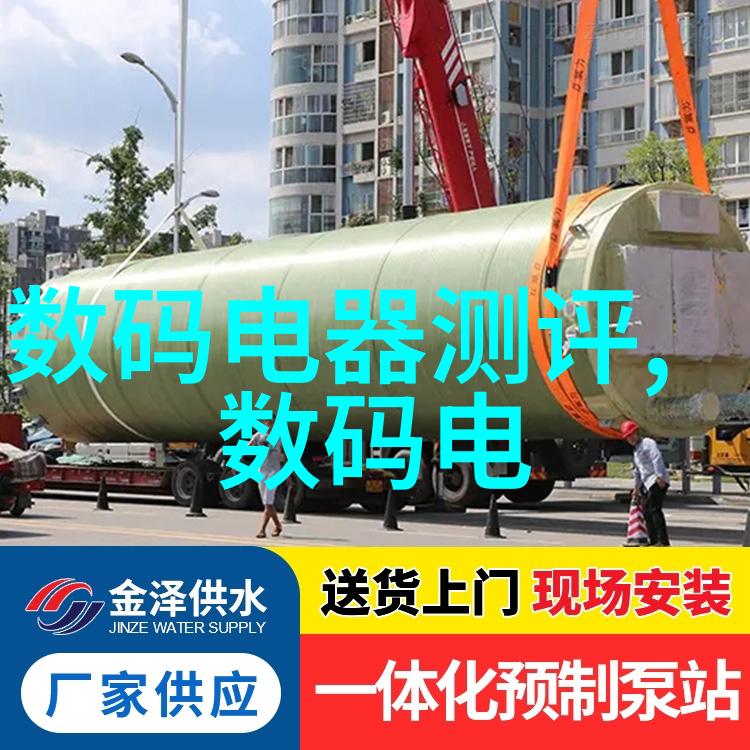传统式与现代化设计之间关于高压灭菌锅规格与模型有什么样的差异存在
在工业生产和医疗卫生领域,高压蒸汽灭菌锅是不可或缺的设备,它们用于杀死微生物并消除病原体,以确保产品和环境的清洁。随着技术的发展,高压蒸汽灭菌锅的设计也从传统走向现代化,这些变化不仅影响了它们外观和结构,还反映在其规格型号上。

首先,我们需要了解什么是高压蒸汽灭菌锅。这种设备利用极高温度下的水蒸气来进行消毒过程。这一过程通常发生在200°C以上,并且由于使用的是蒸汽而非直接接触热源,因此能够有效地处理各种类型的物品,无论它们是否具有特殊要求或限制。此外,由于操作是在密闭容器中进行,因此可以控制内环境,从而确保安全性。
对于传统式高压蒸汽灭菌锅来说,它们通常采用钢铁材料制成,其外形庞大、笨重,并且内部结构简单明了。这些老旧设备虽然能完成任务,但效率低下,而且维护成本较高。在使用时,一般需要手动操作,而后期可能还会出现一些机械故障,如泄漏、管道断裂等问题。此外,由于没有采用先进技术,所以不能很好地适应不同行业对清洗速度、精度以及节能需求的多样性。

相比之下,现代化设计则更注重功能性和智能化。新一代的高压 蒸 汽 灭 毒 锅 采 用 更 轻质 材料 制 成,比如合金钢或铝合金,这种选择既减轻了运输负担,又提高了耐腐蚀性能。而且,与传统设备相比,现代机器往往拥有更加精细的小型零件,更复杂但更为紧凑的内部结构,以及更多自动控制系统,使得整个工作流程变得更加自动化、高效。
此外,对于新的设计而言,他们具备远超前辈的一系列创新特点,比如温控系统、定时装置以及数据记录功能等。这意味着用户可以根据自己的需求设置最适宜的情况,然后让机器独立运行,即使当他们忙碌或者离开工作岗位时,也能保证无人值守的情况下保持最佳状态。此外,当有异常情况发生时,modern machines can alert the user, ensuring that any issues are addressed promptly.

Another key difference between traditional and modern high-pressure sterilizers is their energy efficiency. Modern models are designed to use less energy while maintaining or even improving performance. This is achieved through a combination of factors such as improved insulation, optimized heating systems, and more efficient steam generation. By reducing energy consumption, these machines not only save money on utility bills but also reduce their environmental impact.
In addition to these technological advancements, modern high-pressure sterilizers often come with additional safety features that were not present in older models. For example, some modern units have automatic shut-off mechanisms that turn off the machine if it detects any malfunction or issue during operation. Others may include advanced ventilation systems to remove harmful fumes and gases from the work environment.

When choosing between traditional and modern high-pressure sterilizers based on specifications and models, there are several factors to consider beyond just price point or aesthetics. The type of industry you operate in will play a significant role in determining which model best suits your needs – for instance, medical facilities may prioritize higher levels of precision control over faster cycle times.
Furthermore, consider the level of maintenance required by each model – while some older designs might be simpler in terms of design but require more frequent repairs due to wear and tear over time; newer devices tend towards greater complexity but offer fewer mechanical failures thanks to better materials quality.

Lastly think about future-proofing your investment: newer equipment tends towards increased automation capabilities which makes them easier to integrate into existing workflows as well as adaptability should new technologies emerge down the line; whereas older units may become outdated sooner requiring costly upgrades or replacements before they reach end-of-life status
To sum up: though both traditional & contemporary designs share common purpose i.e., High-Pressure Sterilization using Steam ,they differ significantly when it comes down to specific features like material used , internal structure , automation level & Energy Efficiency . While Traditional ones serve its purpose albeit with limitations (like manual operation) ; Contemporary counterparts offer more than what one could expect from an earlier version - Greater ease-of-use (due automated functions), Enhanced Safety Features & Overall Performance making them much sought after option for those who need reliable tools for their daily operations



